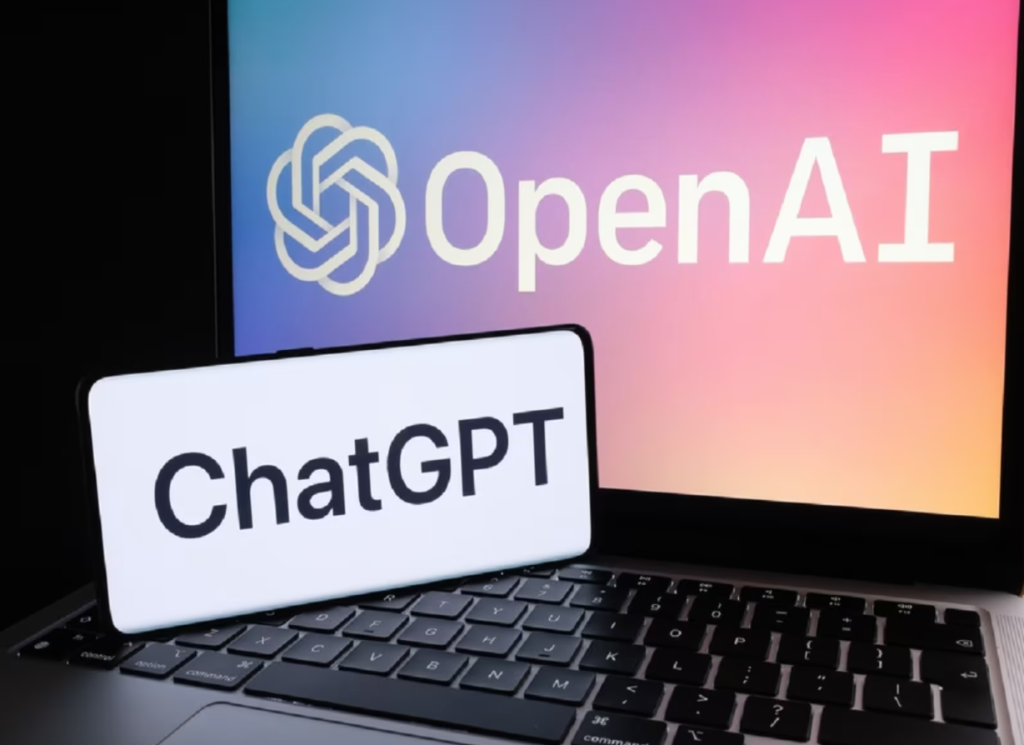OpenAI has announced that its AI-powered chatbot, ChatGPT, can now access the internet through new plugins that extend its capabilities. The plugins will grant ChatGPT access to third-party knowledge sources and databases, including the web, to help it answer a wider variety of questions. The plugins are currently in alpha, and OpenAI plans to initially prioritize a small number of developers and subscribers to its premium ChatGPT Plus plan before rolling out larger-scale and API access.
One of the most intriguing plugins is OpenAI’s web-browsing plugin, which allows ChatGPT to draw data from around the web to answer questions. Previously, ChatGPT’s knowledge was limited to dates, events, and people prior to around September 2021. The plugin retrieves content from the web using the Bing search API and cites its sources in ChatGPT’s responses. However, a chatbot with web access can be a risky proposition, as demonstrated by the failures of previous AI systems that were given access to the web.
The live web is less curated than a static training dataset and is less filtered, which means search engines like Google and Bing may not always provide the most reliable sources. Google’s algorithm prioritizes websites that use modern web technologies, potentially burying quality content. This gives search engines a lot of power over the data that might inform web-connected language models’ answers. OpenAI admits that a web-enabled ChatGPT might perform all types of undesirable behaviors but says it has implemented safeguards informed by internal and external red teams to prevent this.
Beyond the web plugin, OpenAI has released a code interpreter for ChatGPT that provides the chatbot with a working Python interpreter in a sandboxed, firewalled environment. The interpreter supports uploading and downloading files and is particularly useful for solving mathematical problems, doing data analysis and visualization, and converting files between formats. OpenAI has also developed plugins with early collaborators, including Expedia, FiscalNote, Instacart, Kayak, Klarna, Milo, OpenTable, Shopify, Slack, Speak, Wolfram, and Zapier, to extend ChatGPT’s capabilities.
To foster the creation of new plugins, OpenAI has open-sourced a “retrieval” plugin that enables ChatGPT to access snippets of documents from data sources like files, notes, emails, or public documentation by asking questions in natural language. OpenAI says it is “working to develop plugins and bring them to a broader audience,” and hopes to “build something that is both useful and safe.”
Plugins are a significant addition to ChatGPT’s development, as they greatly expand its capabilities beyond the information contained in its training data. Some experts have accused OpenAI of profiting from unlicensed work in ChatGPT’s dataset, which includes public websites. However, plugins potentially address that issue by allowing companies to retain full control over their data.


vY3dMto4Ed8
Found a superphlink, and I’m not quite sure what it leads to. Anyone willing to click it and let me know what’s on the other side? Just kidding… maybe… be careful out there!
Thanks for sharing. I read many of your blog posts, cool, your blog is very good. https://www.binance.com/pt-BR/register?ref=GJY4VW8W
Your point of view caught my eye and was very interesting. Thanks. I have a question for you.
Reading your article helped me a lot and I agree with you. But I still have some doubts, can you clarify for me? I’ll keep an eye out for your answers. https://accounts.binance.info/ES_la/register?ref=VDVEQ78S
Your point of view caught my eye and was very interesting. Thanks. I have a question for you.
Thank you for your sharing. I am worried that I lack creative ideas. It is your article that makes me full of hope. Thank you. But, I have a question, can you help me?
Your article helped me a lot, is there any more related content? Thanks!
Your point of view caught my eye and was very interesting. Thanks. I have a question for you. https://accounts.binance.info/en-NG/register-person?ref=YY80CKRN
Thank you for your sharing. I am worried that I lack creative ideas. It is your article that makes me full of hope. Thank you. But, I have a question, can you help me?
Can you be more specific about the content of your article? After reading it, I still have some doubts. Hope you can help me.
Your article helped me a lot, is there any more related content? Thanks! https://accounts.binance.info/register-person?ref=IXBIAFVY
Your point of view caught my eye and was very interesting. Thanks. I have a question for you.
I don’t think the title of your article matches the content lol. Just kidding, mainly because I had some doubts after reading the article.
Looking for a new online casino? I tried m777casinoonline and had a good experience. The games are fun, the interface is clean, and the payouts were smooth. Giving it a thumbs up! Go win some cash! -> m777casinoonline
Thanks for sharing. I read many of your blog posts, cool, your blog is very good.